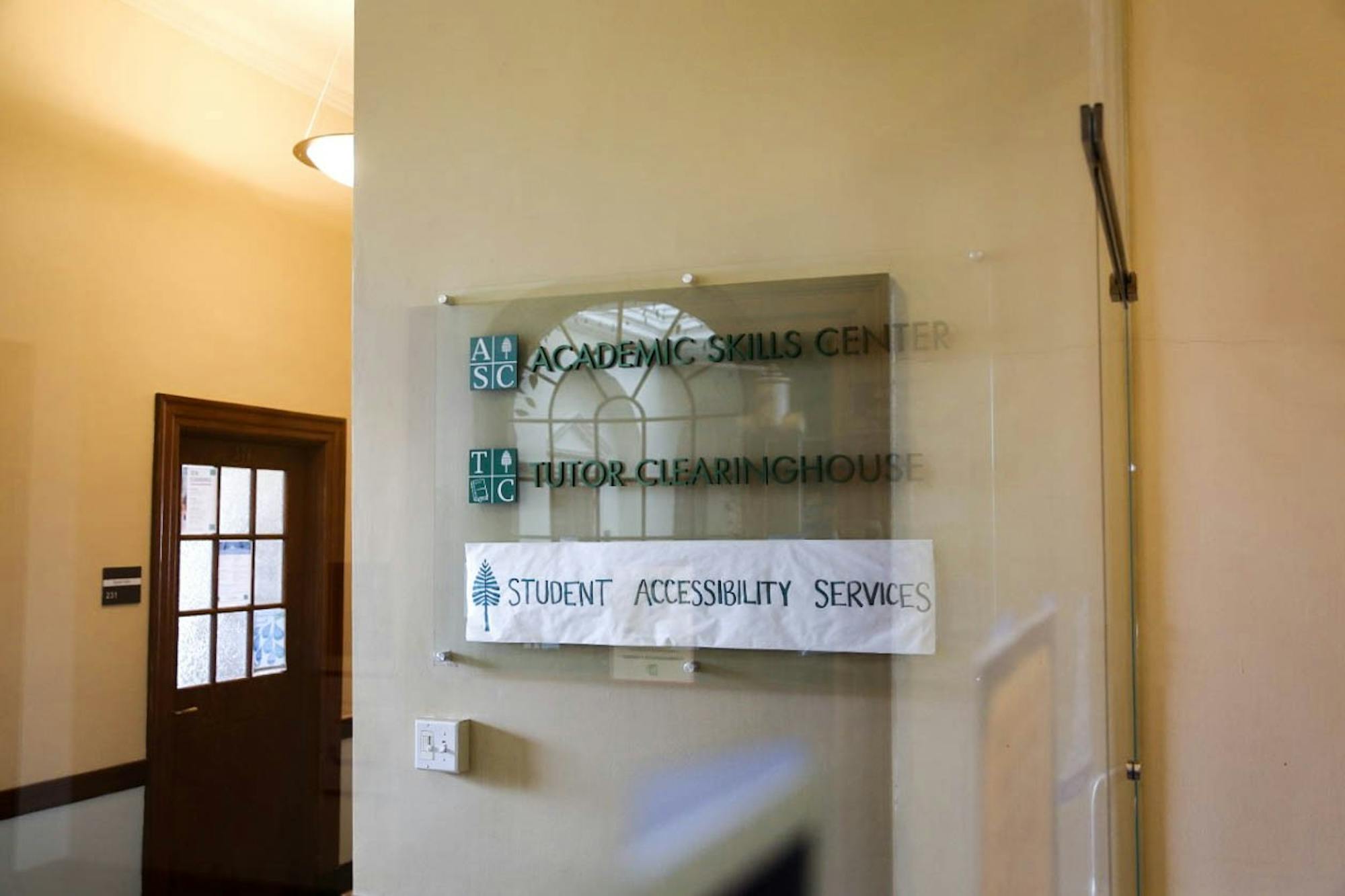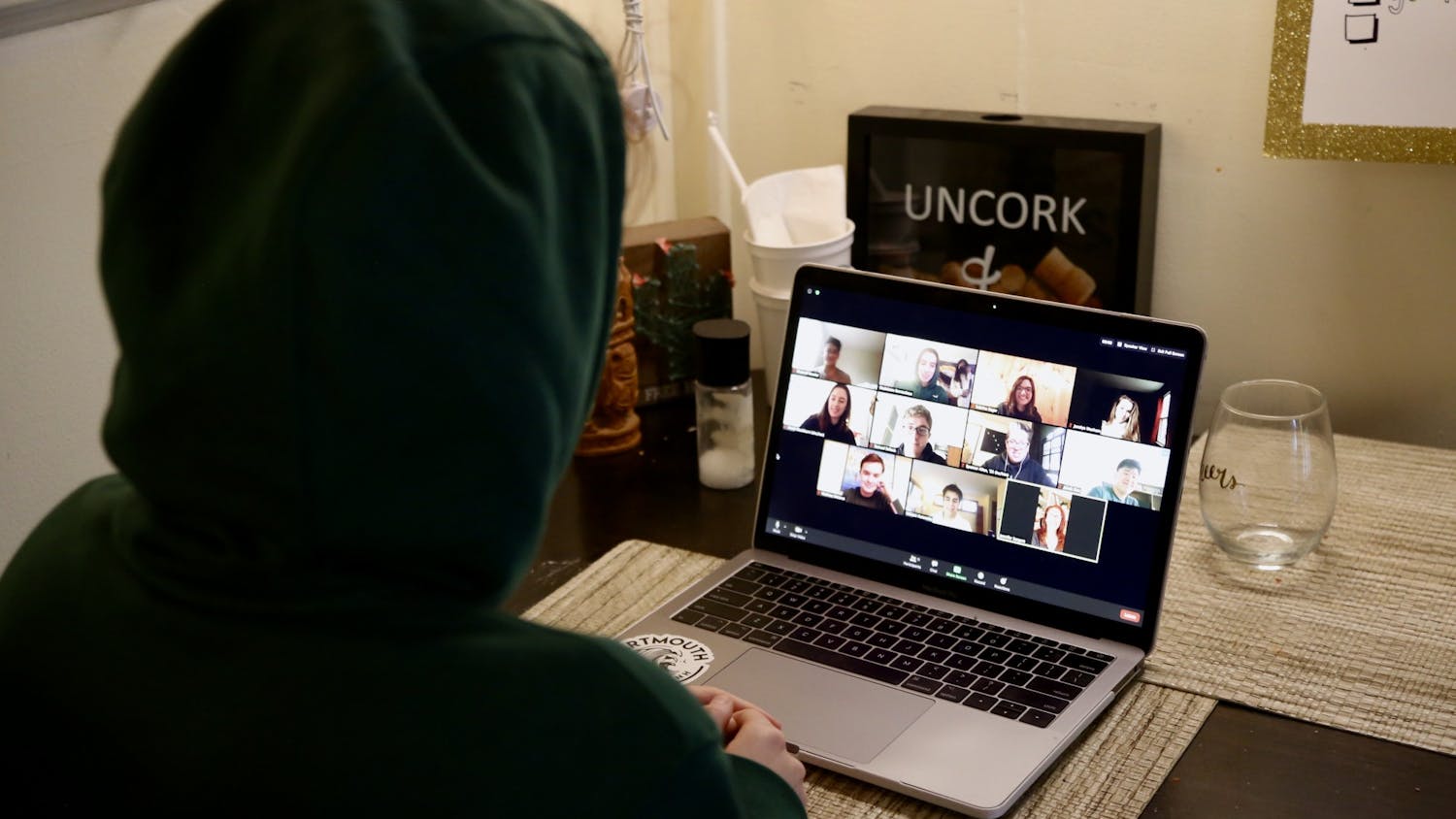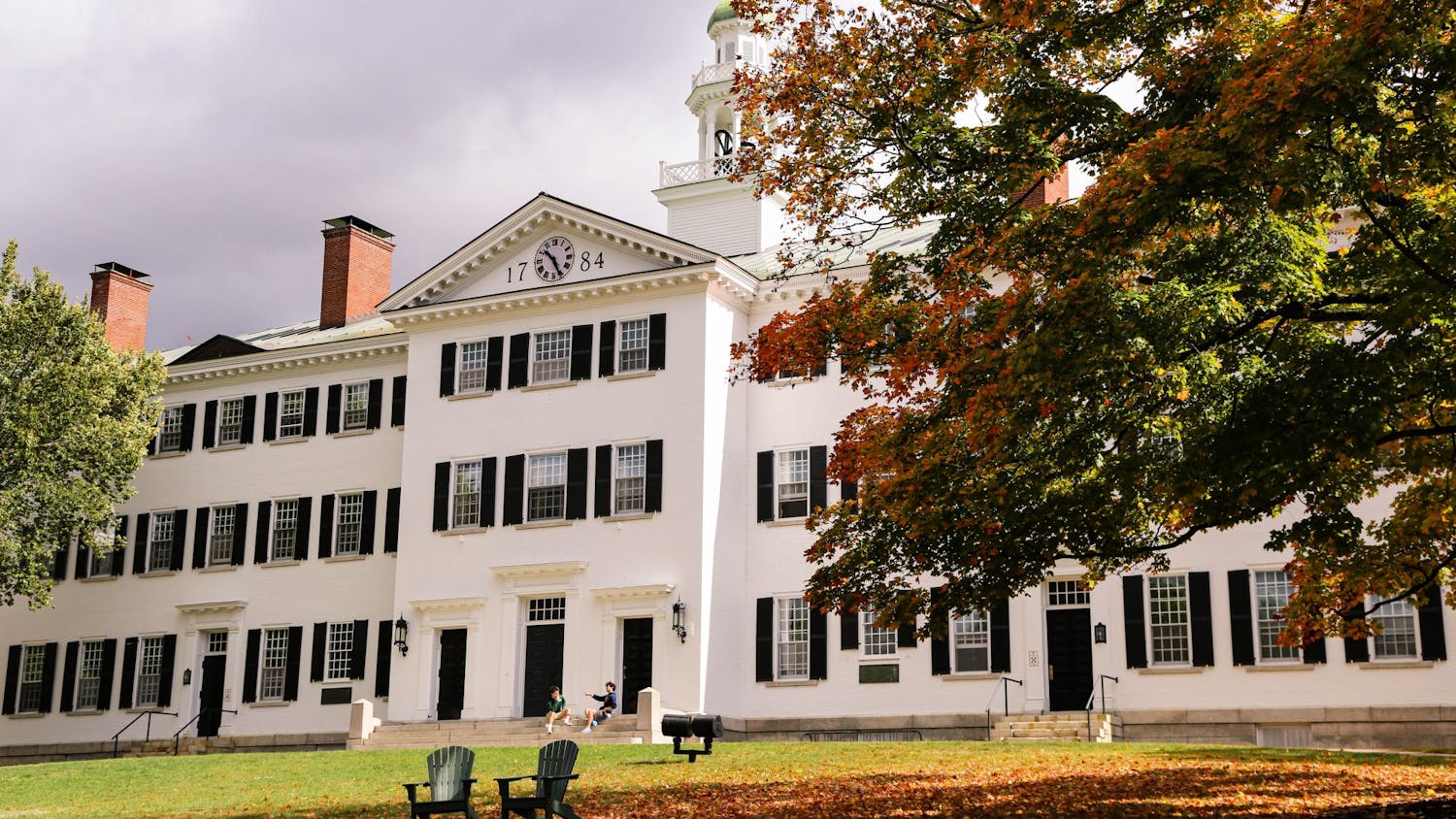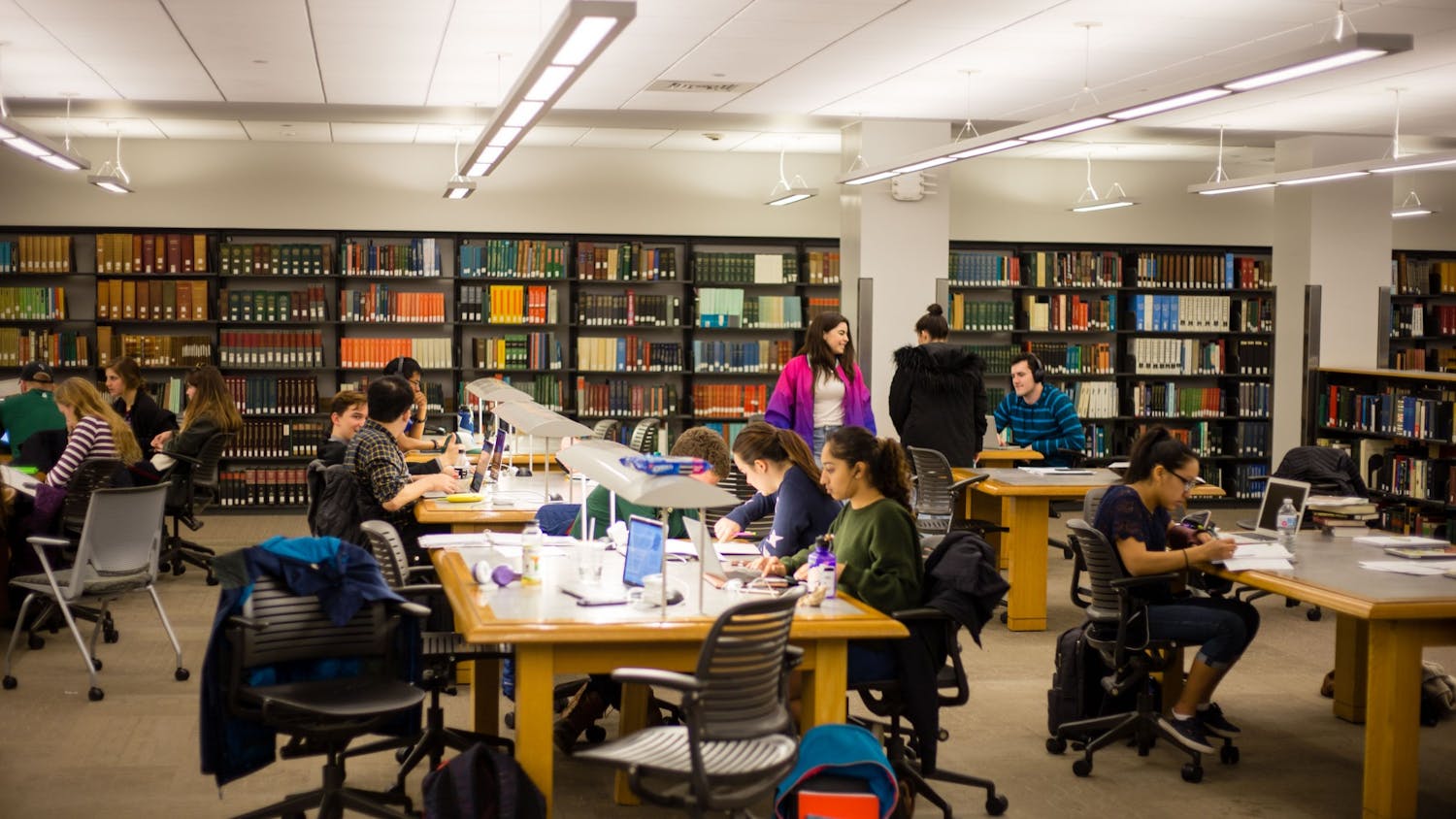At the end of week five, I hit a breaking point studying for my upcoming microeconomics exam. In a stressed-out frenzy, I sent an email to the Tutor Clearinghouse, politely asking if my individual tutoring request for ECON 21 had been processed. I added that I “would be really grateful if my requested pairing could be made!”
Unfortunately, my excessive exclamation points and pleasantries were not persuasive enough. A couple days later, I received an automatic reply telling me that my request for a tutor had been denied. The staff at the Tutor Clearinghouse went on to suggest a couple other strategies I could use to manage a difficult course, like joining a group tutoring section. This would have been a helpful suggestion if the Clearinghouse offered a group tutoring section for ECON 21.
Before this term, I had only positive experiences with the Clearinghouse. In fact, I had a tutor every term of freshman year. My tutor for ECON 1, “The Price System,” simultaneously introduced me to monopolistic competition and, more importantly, FFB. I spent many late nights in Novack working through labs with my tutor for COSC 1, “Introduction to Programming and Computation,” and in the spring, I exchanged obscene numbers of Zoom meeting links with my tutor for COSC 10, “Problem Solving via Object-Oriented Programming.” My point is that I value individual tutoring. Thinking I had somehow cracked the code to on-campus resources, I told all of my friends to get a tutor if they ever took a difficult course.
Along with other students, I was disappointed when the Tutor Clearinghouse rolled back many of their tutoring services due to budget constraints this fall. Group tutoring became the main focus, and individual tutoring was reserved for students who “demonstrate[d] a particular need.” Academic Skills Center interim director Karen Afre gave some context for how these changes came about.
“There have always been more individual tutor requests than students who applied to serve as tutors, and like any other department, we also need to work within a budget,” Afre wrote in an email statement.
In order to continue providing peer tutoring at no cost to students, Afre wrote that the Tutor Clearinghouse began researching best practices and methods used at other universities.
“The data was overwhelming,” Afre explained. “It repeatedly emphasized the importance and value of group learning and collaborative work.”
As we approach the start of finals, I spoke to some students about how they feel about the Tutor Clearinghouse’s new emphasis on group tutoring.
Vandana Venkatesh ’23 participates in group tutoring for BIOL 12, “Cell Structure and Function.” She said that securing a spot in the group was stressful.
“For [BIOL 12], I remember when I logged onto the [sign-up] page literally 10 minutes after it opened, there was only one spot left,” Venkatesh said. “Further, there are only two sections for my [biology] class, meaning a total of 10 tutoring spots for a class with over 80 people.”
When I asked how effective this resource has been, Venkatesh reflected on the benefits of group tutoring.
“I think it really depends on the tutor and the people that show up,” she said. “For me, the group dynamic has been positive. Everyone brings their own questions and bounces ideas off of each other, which is super helpful right before a test.”
However, Venkatesh recognized that different students have different needs, and that “some people benefit more from group [tutoring] while some from individual.” She added that students enjoy being able to choose between different options.
Kate Kucharczuk ’23, a group tutor for MATH 13, “Calculus of Vector-Valued Functions,” agreed that group tutoring serves an important purpose.
“[It] can be good … if you have [the tutee] explain something to their peer,” Kucharczuk said. “… It’s helpful for [both students] to go over the material.”
However, Kucharczuk recognized the need for more tutors for upper-level courses, as well as the difficulties of being a group tutor right now. She expressed that the Tutor Clearinghouse could provide “a little more guidance and training for the [tutored] subject,” and that Zoom learning creates its own stresses and technological challenges.
Elizabeth Hadley ’23 sees value in the fall term’s academic resources. Hadley is a Latin group tutor hired by the Clearinghouse and an individual tutor hired by the Latin department. Her individual tutoring has been a particularly positive experience. In fact, her tutee, Joey Musa ’24, said that he sometimes feels as though the tutoring session is “more impactful on [his] learning” than his actual class session is.
But Hadley also agreed that students benefit from having different options.
“I think study groups, and what’s taking place instead of individual tutoring, [are] actually not as productive because they only meet once a week, and some people don’t thrive in a group environment or feel comfortable asking questions,” Hadley said. “… It’s harming students’ learning.”
Regardless of whether group or individual tutoring is more productive, many students — myself included — lack access to either resource for certain courses. Emily Dwyer ’23 requested an individual tutor for her economics course after seeing that no group tutoring section was offered. When her request was denied, Dwyer expressed frustration not only because she had such a positive tutoring experience her freshman year, but because she believes the reduced resources may exacerbate inequality among students. As Dwyer put it, “some students will have the financial resources to get any extra help they need, and others inevitably won’t.”
Dwyer understands that budget decisions impact the quantity of resources the Tutor Clearinghouse can offer; however, she does not see that as an excuse for the recent reduction in tutoring options.
“A pandemic that is affecting virtually every facet of students’ lives seems like a bad time to drastically cut a widely used element of the academic support system at Dartmouth, especially when there are already so many inherent inequalities with remote learning,” Dwyer said.
While many students benefit from group tutoring and other opportunities for academic support, the reduction of individual tutoring and overall downsizing of the Tutor Clearinghouse resources has either restricted or eliminated options for many students.
Luckily, Afre noted that the Clearinghouse is willing to alter their services based on student feedback, and the courses supported by group tutoring change every term.
“Based on the feedback we’ve received, students want more details about group tutoring,” Afre wrote. “Tutees want to be informed earlier about registration and about what courses are being supported. We hope to work on having multiple touch points with students moving forward.”
While we wait to see whether group tutoring will be available for more classes next term, here’s another piece of advice I received in my automatic reply from the Clearinghouse: Find a study buddy!




